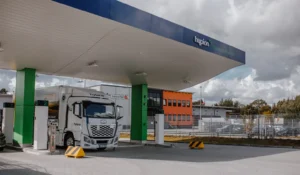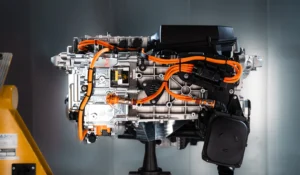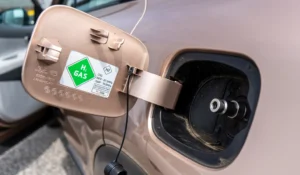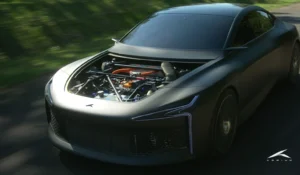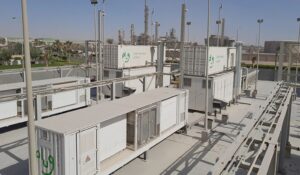Hydrogen refuelling: Texas’ SwRI launches joint project to improve truck refuelling
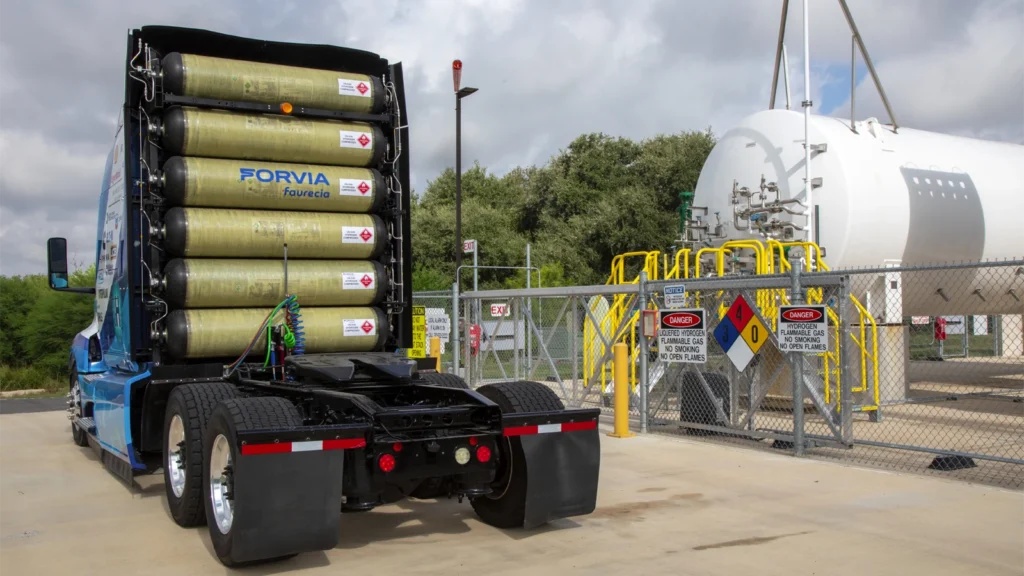
Hydrogen refuelling for heavy-duty vehicles is still in its infancy in the U.S., with fewer than 60 stations nationwide – and just one or two designed to handle the demands of trucks and buses.
That’s a problem that the Southwest Research Institute (SwRI) is looking to fix with a new four-year joint industry program, H2HD REFUEL, aimed at tackling the infrastructure bottleneck.
The “Hydrogen Heavy Duty Refueling Equipment and Facilities Utilization Evaluation Laboratory” (to save a breath – H2HD REFUEL) brings together vehicle manufacturers, refuelling station operators, and original equipment manufacturers (OEMs) to iron out the technical hurdles of hydrogen fuelling.
SwRI researchers will conduct hands-on experiments, system modelling, and theoretical studies to improve refuelling station equipment and explore alternative solutions.
The program will investigate station technology, component reliability, and storage methods to make refuelling faster, more efficient, and scalable.
Heavy-duty hydrogen refuelling challenges
Dr. Thomas E. Briggs, an engineer in SwRI’s Powertrain Engineering Division, laid out the core issue, saying: “Many light-duty hydrogen stations face significant technical challenges, including supply chain issues, mechanical failures, and lack of infrastructure.
“Considering the multimillion-dollar investment per station, these issues reflect a significant technology gap that industry and government must bridge before building additional heavy-duty refuelling stations.”
The reality, they say, is that most hydrogen stations today were built for passenger cars, not 40-tonne trucks.
High-flow dispensing, larger storage capacities, and cryogenic systems are all necessary upgrades.
This JIP will test different approaches – liquid hydrogen, H70 gas, and cryo-compression – to determine which works best for heavy-duty applications.
It’ll also study potential hydrogen losses due to boil-off and inefficiencies, which can make a dent in both sustainability and operating costs.
Collaborative effort to scale up hydrogen usage
The initiative plans to bring key industry players together to standardise and improve refuelling station technology.
Angel Wileman, JIP’s project manager from SwRI’s Mechanical Engineering Division, said: “Connecting industry stakeholders is vital to developing compatible and reliable hydrogen refuelling technologies and associated infrastructure.
“H2HD REFUEL’s comprehensive approach will ensure that the industry can meet the growing demand for heavy-duty hydrogen vehicles efficiently and safely.”
Industry participants will get access to real-world testing data, storage system models, and interactive workshops, giving them a direct hand in shaping future hydrogen refuelling standards.
With long-haul transport and heavy-duty applications seen as some of hydrogen’s strongest use cases, scaling up the refuelling infrastructure is a crucial piece of the puzzle. SwRI’s initiative is a step toward making that a reality.

